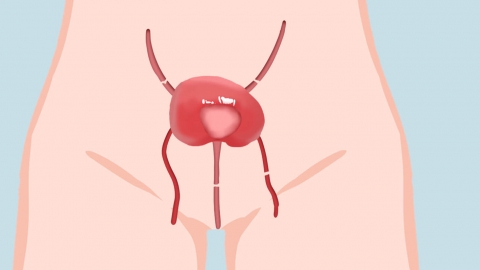Can cholecystitis cause yellow urine?
In general, whether cholecystitis causes dark urine depends on the severity of the condition and whether it has triggered other complications. If you experience any physical discomfort, it is recommended to seek medical attention promptly. The detailed analysis is as follows:

When the condition is mild and no complications have occurred, dark urine typically does not appear. In such cases, inflammation is confined to the gallbladder and does not interfere with normal bile metabolism and excretion. Bilirubin metabolism remains normal, so urine stays light yellow or clear. Symptoms may be limited to localized discomfort such as dull pain in the upper right abdomen or bloating.
However, when the condition is severe or complications such as bile duct obstruction develop, dark urine may occur. Severe inflammation may spread to the bile ducts, or gallstones may block the bile ducts, impairing bile drainage. This causes bilirubin to accumulate in the bloodstream instead of being excreted normally. The excess bilirubin is then filtered by the kidneys and passed into the urine, turning it dark yellow. Some individuals may also develop symptoms such as jaundice (yellowing of the skin or eyes).
If dark urine is noticed, monitor for additional symptoms such as worsening abdominal pain, fever, or yellowing of the skin. Seek prompt medical evaluation if any abnormalities occur. Maintain adequate daily fluid intake to promote urination, avoid alcohol and greasy foods to reduce strain on the gallbladder, follow prescribed treatments for cholecystitis, and schedule regular follow-up visits to monitor disease progression and prevent worsening complications.







